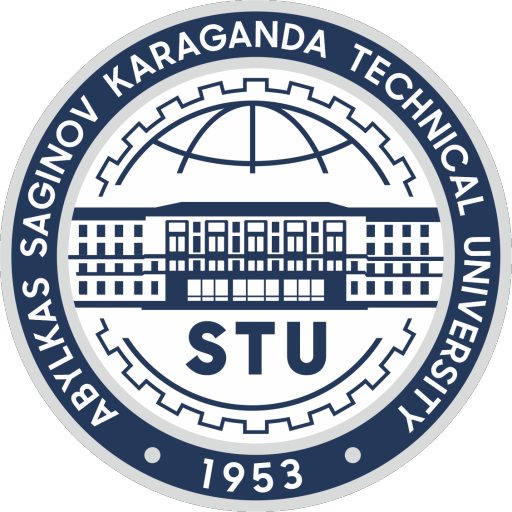Corruption as a social phenomenon continues to exist at the present time in almost all countries of the world, regardless of political development, including in Kazakhstan, it differs only in scale. Corruption hinders the process of social and economic development, building a market economy, and attracting investment. It negatively affects the political and social institutions of a democratic state and poses a serious threat to the future development of the country. The fight against corruption has been identified as one of the main priorities of state policy in Kazakhstan. In order to combat this phenomenon, on October 20, 2021, on the basis of the Zoom platform, the ANK and SHD Department held a regional round table on the topic: “Corruption as a negative phenomenon.”
The round table was opened by the moderator, senior lecturer of the ANK and SHD department, Seydinova M.A., who introduced the goals and objectives of this event, voiced the importance and significance of the anti-corruption policy pursued by the Head of State K.Zh. Tokayev.
Welcoming words were made by the deputy director of the DMP of the Karaganda Technical University, Bushmanova Botagoz Abilkasimovna, employee of the prevention department of the Anti-Corruption Department in the Karaganda region Akim Yerlanovich Saktapbergen, representative of the information and educational headquarters for anti-corruption, the head of the Central Kazakhstan Department of the Academy vocational psychological training and management of the Department of Internal Affairs of the Karaganda Academy of the Ministry of Internal Affairs of the Republic of Kazakhstan named after Barimbek Beisenov, police lieutenant colonel Baimukhanov Erbakyt Mukhamedkalievich and doctoral student of the faculty of postgraduate education, police major, Ongarova Gulzhan Bolatovna.
The regional round table was attended by the head. Department of ANK and SHD Shormanbaeva D.G., teachers of the department of ANK and SHD Seydinova M.A., Khmelnitskaya O.M., Ivleva E.N., Kayirbek M.S.
During the conference, the main reasons for the emergence of corruption in Kazakhstan were discussed; the experience of foreign countries in the fight against this social evil; methods and mechanisms for the prevention and prevention of corruption offenses, conflict of interests in the professional sphere: the emergence of conflicts and their resolution; anti-corruption expertise of regulatory legal acts as a specific type of law enforcement and human rights activity; other issues in the field of combating corruption.
At the end of the conference, the organizing committee noted the high activity and interest shown by the students of our university in this conference. Students presented a large number of abstracts, which differed in a variety of topics. The best reports were awarded with participant certificates.
The following reports of students were considered:
- Kistanov Dmitry, student of the group AiU-19-4, Karaganda Technical University “National anti-corruption policy: concept and content (realities.)”
- Bekenov Aslan, student of the EE-19-4 group of the Karaganda Technical University “Features of the manifestation of corruption in certain areas (health care, education, law enforcement agencies, courts, environmental management, etc.)”
- Zhabaeva Jamilya, Malaeva Alina students of the TE-19-2 group of the Karaganda Technical University “Bribery as one of the forms of corruption: concept and content”
- Kalyev Temirlan, Kiseleva Victoria students of the TE-19-2 group of the Karaganda Technical University “Political causes of corruption: concept and types”
- Dyusembekov Aknazar, student of group EE-19-4, Karaganda Technical University “Psychological mechanisms of corrupt behavior”
- Mozal Valeriya, student of the TE-19-2 group of the Karaganda Technical University “Basic Provisions of the Anti-Corruption Strategy of the Republic of Kazakhstan for 2015-2025”
- Golubev Danil, student of the EE-19-3 group of the Karaganda Technical University “Anti-Corruption Measures in Kazakhstan”
The following recommendations and proposals were adopted in the resolution of the round table:
- to form an anti-corruption environment in the following areas: anti-corruption education, anti-corruption education, anti-corruption propaganda and anti-corruption awareness;
- to develop a concept of anti-corruption culture of scientific and pedagogical personnel of scientific and educational organizations;
- when implementing anti-corruption requirements related to the prevention or settlement of conflicts of interest in scientific and educational organizations, carry out information and explanatory work on the anti-corruption legislation of the Republic of Kazakhstan;
- to contribute to the formation of students’ intolerant attitude towards corrupt behavior, rejection of all forms of corruption.
